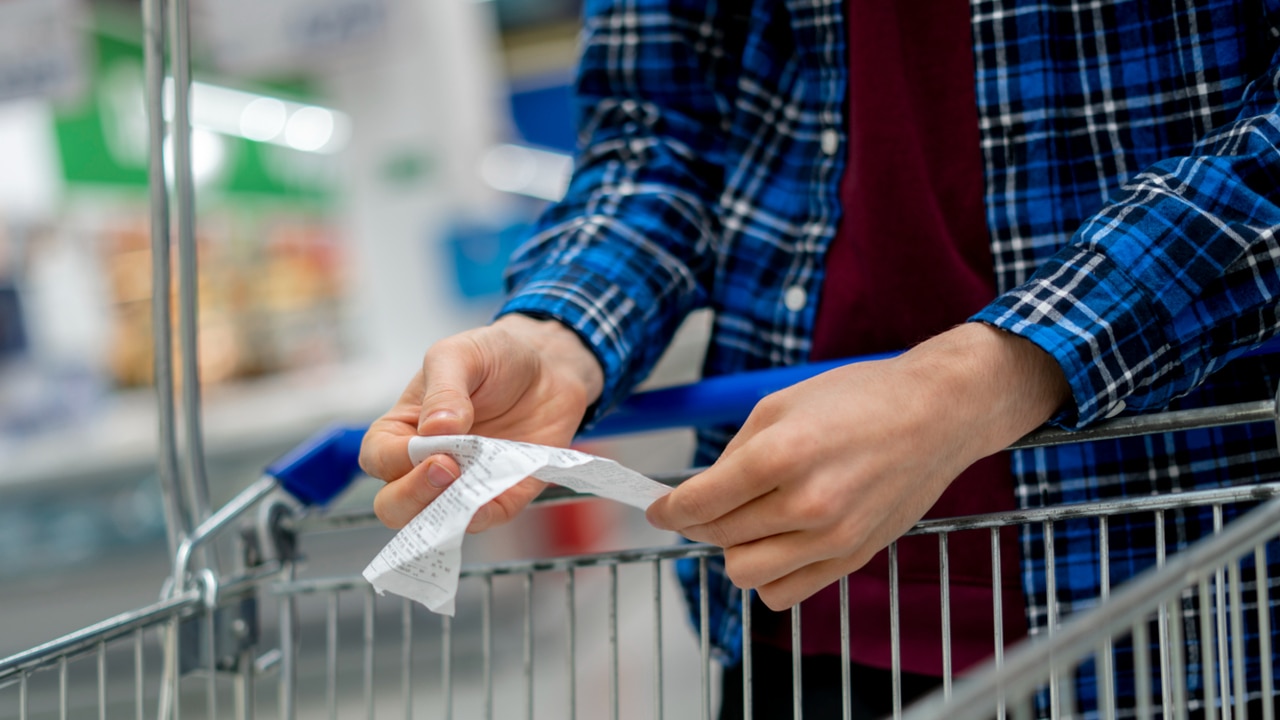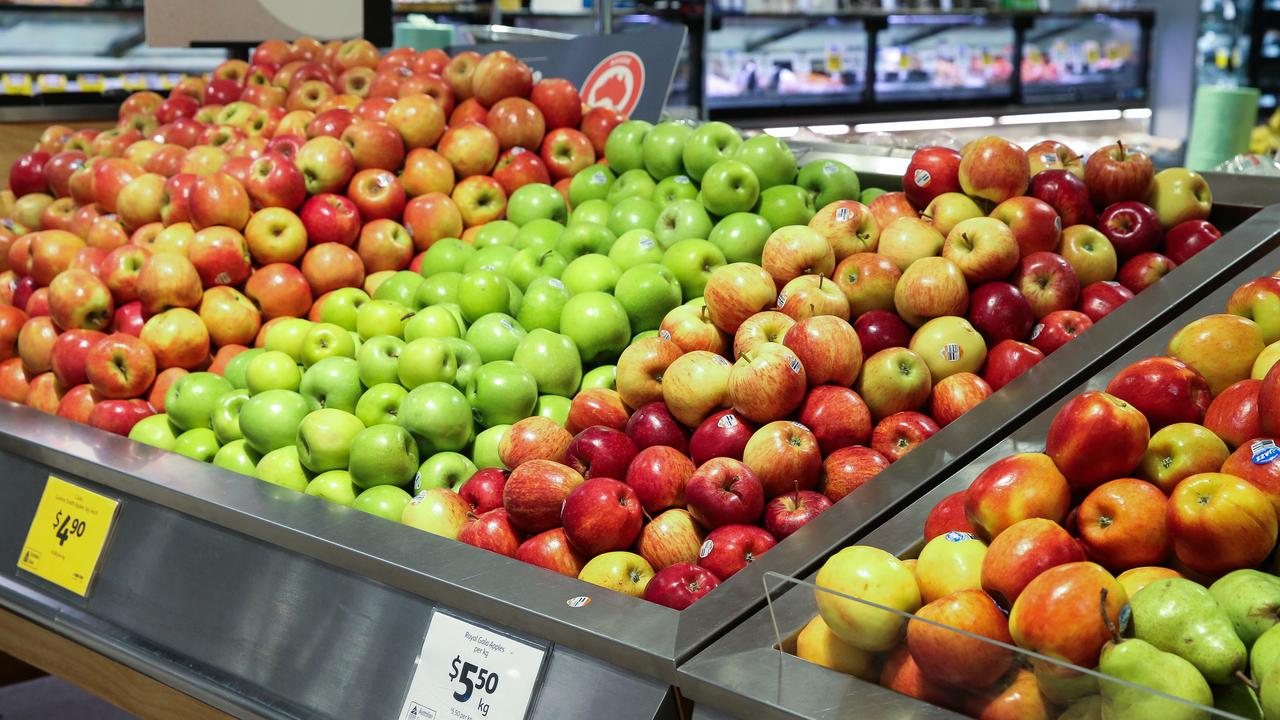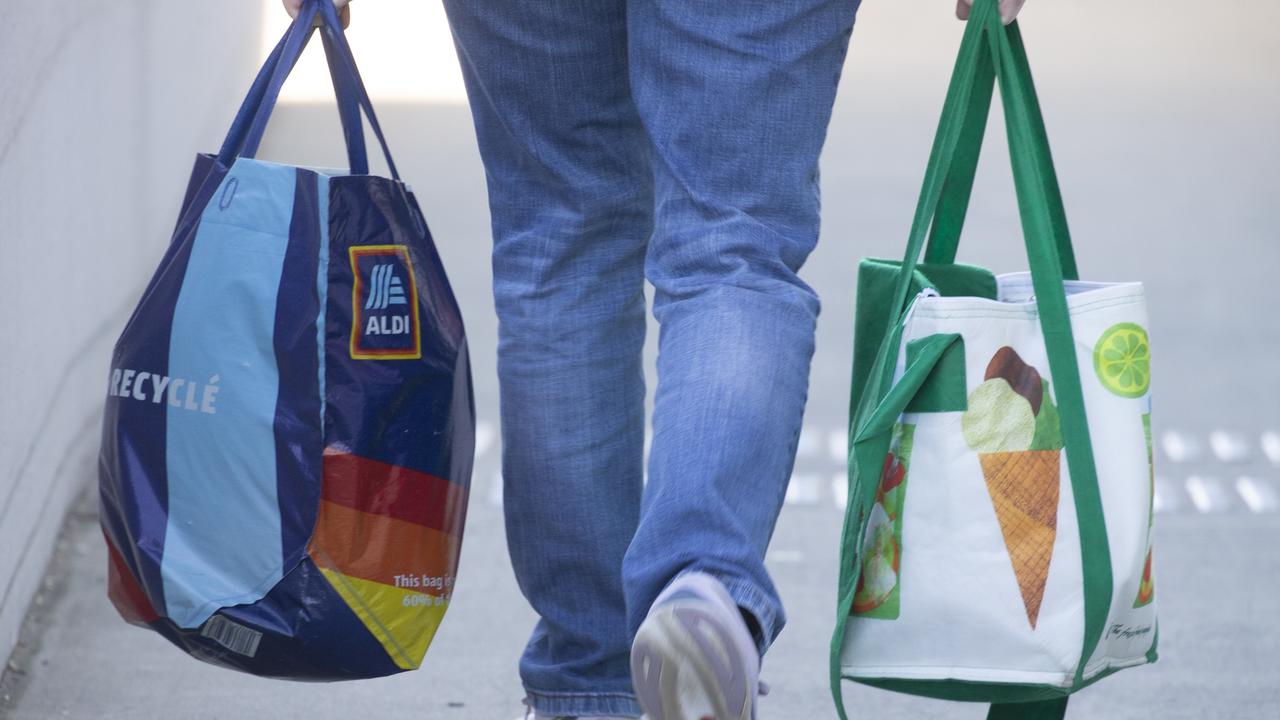Aussie fruit and vegetable farmers testify before ACCC supermarkets inquiry
Aussie farmers are up in arms about supermarket behemoths Coles and Woolies, but an ACCC hearing has heard they have nowhere else to go.

Breaking News
Don't miss out on the headlines from Breaking News. Followed categories will be added to My News.
Australian fruit and vegetable growers are up in arms about supermarket behemoths Coles and Woolworths, but limited options for export income has locked them into selling to a concentrated domestic market, an ACCC inquiry has heard.
AusVeg general manager Lucy Gregg, fruit grower Peter Hall and Fruit Growers Victoria officer Michael Crisera all testified before the ACCC’s inquiry into supermarket prices on Friday that growers were often forced to offload their product to Coles, Woolworths and Aldi because of the fragility of export markets and the complexities of shipping fruit and vegetables abroad.
“The vegetable industry is highly competitive, high volumes and low margin,” Ms Gregg said.
“(There is) lots of competition from other countries, that’s why there is less opportunity for export.”
Mr Hall said export markets “vary widely” and were subject to geopolitical changes.
He said in the late 1990s he set up an orchard to supply white flesh fruit to Taiwan, but a diplomatic faux pas shut down the market and he ended up supplying to domestic buyers.
“The export markets can be fragile and can vary, so you really want to lock in your position (in the domestic market),” he said.

“You need to protect that local market as well, so it’s a bit of a balancing act.”
About four per cent of vegetables are exported abroad, Ms Gregg said, with hard vegetables like potatoes, carrots and onions making up the bulk of exported product.
By contrast, about 78 per cent of vegetables go to Coles, Woolworths and Aldi, she said.
“(We are) very dependent (on the supermarkets),” she said.
“Those supermarkets are the major conduits for fresh vegetables.
“They move the most significant volume. They (growers) need supermarkets as well, particularly for perishable product.”
Mr Hall also said high labour and compliance costs degraded export options.
“Our wage rates are probably the highest in the world,” he said.
“It makes Australia an expensive place to grow fruit.”

Mr Crisera said fruit growers were now “totally dependent” on the chain store supermarkets.
The witnesses also stated fruit and vegetable production would likely remain in the hands of small and medium sized family farms, with large corporates hesitant about investing in horticulture because of inherent complexities in the industry.
“When corporates buy these properties they are surprised by complexity of operations,” Mr Hall said.
“70 per cent of the cost is labour.
“As a kid, I remember … one day we had 300 people picking on our block.
“For us, we just have a lot of people. People are nice, but sometimes they bring challenges.”
Ms Gregg also noted vegetable growing required a “lot of expertise” and was a capital intensive business, with different types of vegetables requiring specific equipment.

“There is not a huge amount of flexibility to move between different vegetable lines,” she said.
“Grading equipment is often specific to the particular vegetable you are grading.”
The inquiry, established by the Treasury Department in February this year, is drilling into the structure of the grocery markets across suppliers, wholesalers and retailers.
Rising prices at the checkout form a central part of Australia’s rolling cost-of-living crisis and the government, opposition and general public hold concerns the country’s concentrated supermarket space could be inflating prices.
Woolworths and Coles account for 67 per cent of supermarket retail sales nationally, the ACCC has said, while Aldi accounts for 9 per cent.
“Oligopolistic market structures can limit incentives to compete vigorously on price,” ACCC inquiry chair Mick Keogh said in September on the release of the ACCC’s interim report.

“We see Woolworths and Coles providing a broadly similar experience to customers through largely undifferentiated product ranges, pricing at similar levels and similar non-price offerings including loyalty programs.
In the past five years, the price of a typical basket of groceries has increased by more than 20 per cent, the ACCC said.
“We have observed that food price growth in the last five years is largely in-line with inflation in other goods and services and that food price inflation is lower in Australia than in most OECD countries,” Mr Keogh said.
“However, we will look very closely at the extent to which any market power held by the supermarkets has a role in increasing prices to consumers or decreasing prices to suppliers.
“During the remaining five months of our inquiry we will scrutinise whether, and if so how, the supermarkets may be using market power and the economic implications this has for Australian consumers and suppliers.”
Coles, Woolworths and Aldi are booked to appear before the inquiry next week.
Originally published as Aussie fruit and vegetable farmers testify before ACCC supermarkets inquiry







